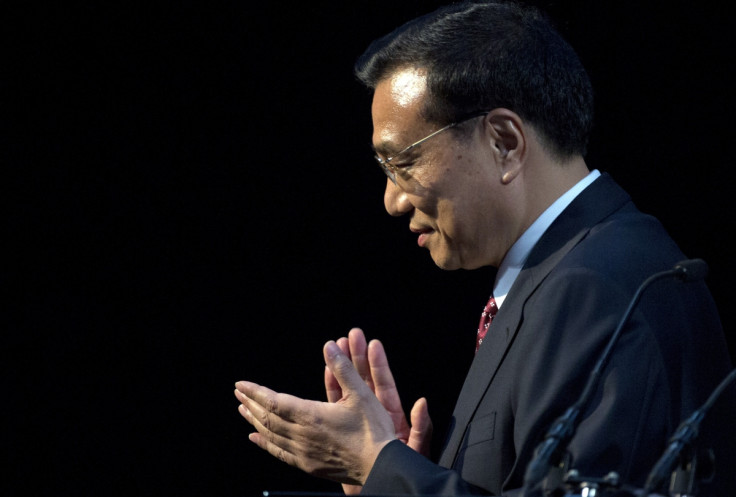China's strong labour market means no extraordinary stimulus required: Moody's

China lowering its growth target is a credit positive for the sovereign, Moody's said on Monday, adding that the still strong labour market in the world's second largest economy means it would not require extraordinary stimulus measures going forward.
The government announced on Thursday that it has lowered the GDP growth target to around 7% for 2015 from 7.5% in 2014. The actual growth rate last year was 7.4%, a 24-year low for the country but still the strongest among the major emerging market economies.
"The lower target is credit positive because it underscores the administration's commitment to achieving a more sustainable but still high rate of expansion that does not jeopardise long- term macroeconomic stability through the buildup of excessive leverage," said Moody's.
Premier Li Keqiang said in the 12th National People's Congress that maintaining a stable rate of growth was becoming more difficult amid sluggish investment, rising production costs, and the inefficiency of China's growth model, the rating agency noted.
"Mr Li's comments indicate that Beijing is committed to easing China's historically rapid economic expansion, which was turbo-charged between 2001 and 2009."
The lower growth target signals that policymakers remain focused on rebalancing the world's second-largest economy and relying more on the private sector, Moody's said.
According to the rating agency, employment conditions in China remain favorable despite the slowdown and will give policymakers confidence that they can avoid resorting to extraordinary stimulus measures.
Moody's noted that Li has maintained in his address to the Congress that last year's urban job creation target of about 10 million, following the actual generation of 13.2 million new positions in China's cities in 2014.
"Even after China's GDP growth began slowing in 2009, total employment has risen in every year since then," the rating agency added.
According to Moody's, China's growth rate this year would be in a range of 6.5%-7.0%, and will be closer to 6.5% in 2016.
Moody's said China's credit growth has slowed but remains elevated relative to nominal GDP growth, which is only slightly higher than real GDP growth.
"Domestic bank credit growth is likely to slow further this year to below its 2014 rate of 13%, with similar slowing for total bank and shadow bank credit, which expanded 14% in 2014," the rating agency said.
© Copyright IBTimes 2025. All rights reserved.






















